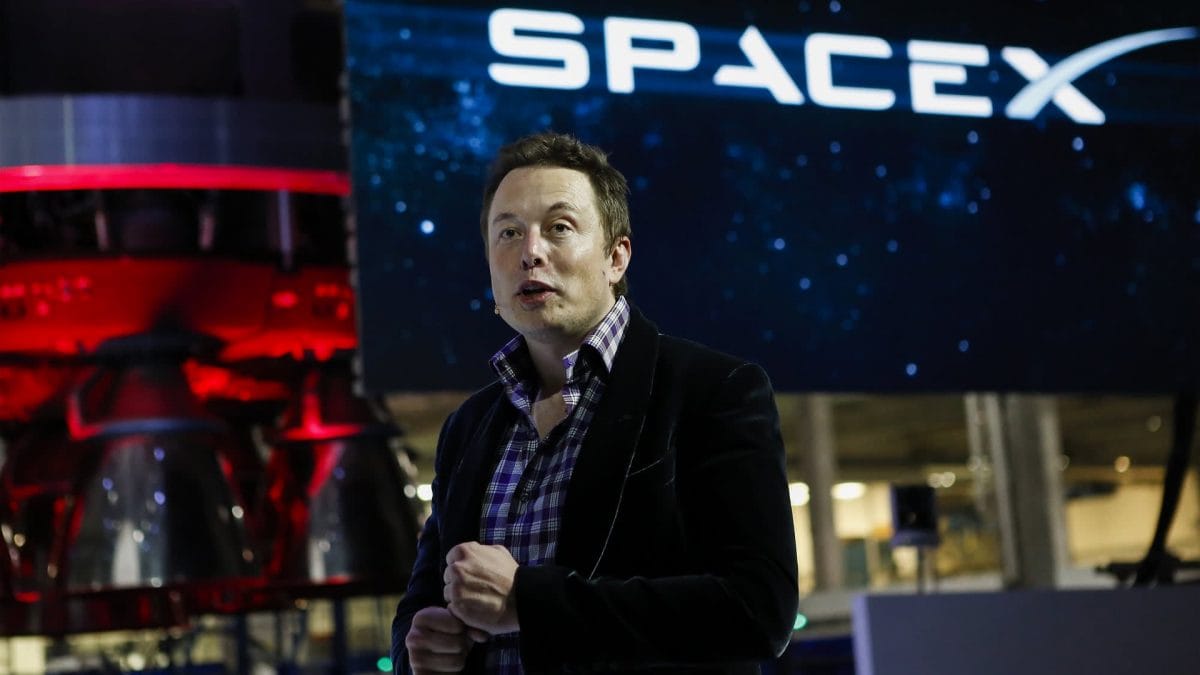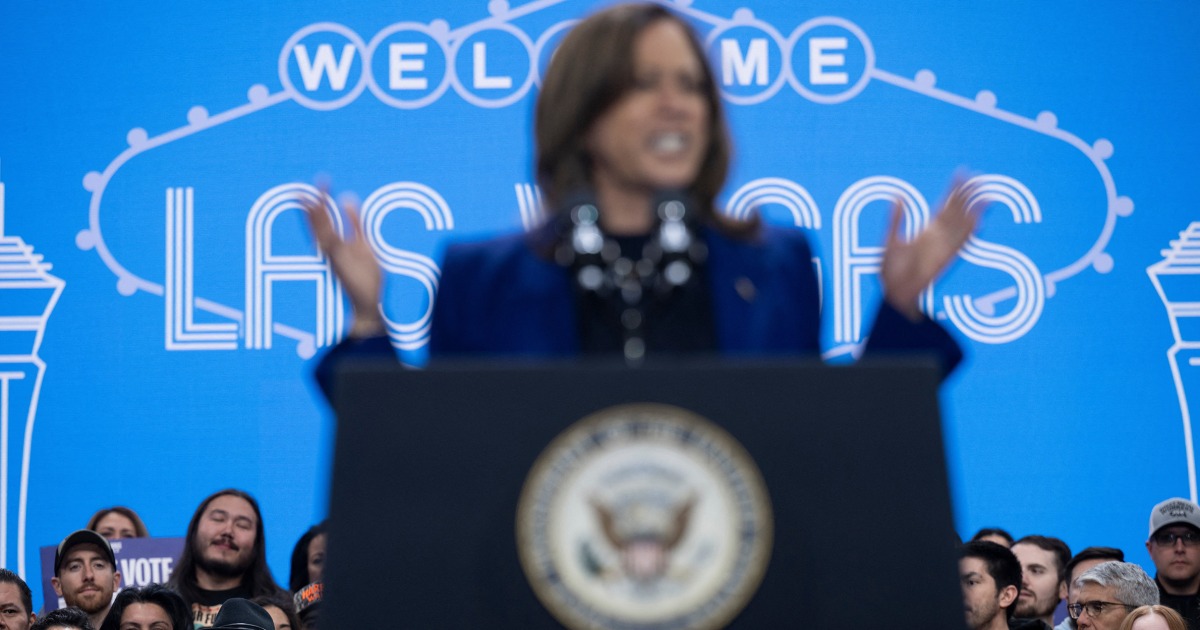
Elon Musk’s SpaceX has asked Taiwanese suppliers to move their manufacturing operations off the island, sparking a shift in production for some companies and highlighting the ongoing geopolitical sensitivities surrounding Taiwan. According to sources close to the matter and corporate documents, SpaceX’s request comes from concerns over potential supply chain disruptions due to regional tensions, prompting at least one supplier to shift operations to Vietnam. A supplier providing components for SpaceX’s Starlink internet satellites confirmed that SpaceX had advised them to relocate outside of Taiwan, with one subcontractor already moving production to Vietnam.
Similarly, Chin-Poon Industrial, a satellite component maker for SpaceX, noted that it was asked to transition production from Taiwan to Thailand, primarily due to geopolitical concerns. Though SpaceX has not publicly commented on the matter, it appears the company is prioritising production stability in less politically volatile regions. The move comes against the backdrop of Musk’s previously controversial comments about Taiwan, which he described as an “integral part” of China last year.
This remark drew criticism from the Taiwanese government, underscoring the delicate nature of SpaceX’s interactions with the island nation. Meanwhile, China, which views Taiwan as its own territory, has ramped up military exercises around the island, a situation that has intensified since 2022 and now includes war games simulating a blockade. In response, some Taiwanese companies in key industries, including satellite and semiconductor production, are already taking steps to reduce their reliance on domestic manufacturing, aiming to prevent potential supply chain setbacks.
Reports from Vietnam suggest that SpaceX has been considering the country as a new production hub. Earlier this year, SpaceX representatives discussed setting up manufacturing facilities in Vietnam and sought advice on protecting intellectual property. Several Taiwanese companies have started transitioning production to Vietnam.
Wistron NeWeb Corporation (WNC), a supplier to SpaceX, has begun producing Starlink routers and network gear at its Vietnamese facility in Hanam. With demand rising, WNC plans to double its workforce, evidenced by recruitment banners spotted at the factory. Other SpaceX suppliers, including Universal Microwave Technology, have also invested in Vietnam, establishing new factories in Southeast Asia to address customer concerns over geopolitical risks.
SpaceX’s requests underscore the broader trend of companies diversifying their supply chains. As Vietnam becomes an attractive manufacturing alternative, Taiwan’s economy ministry has downplayed the potential impact, suggesting short-term political factors should not influence the satellite supply chain. Yet, SpaceX’s pivot is a telling sign of how political dynamics are reshaping the tech manufacturing landscape.
.














